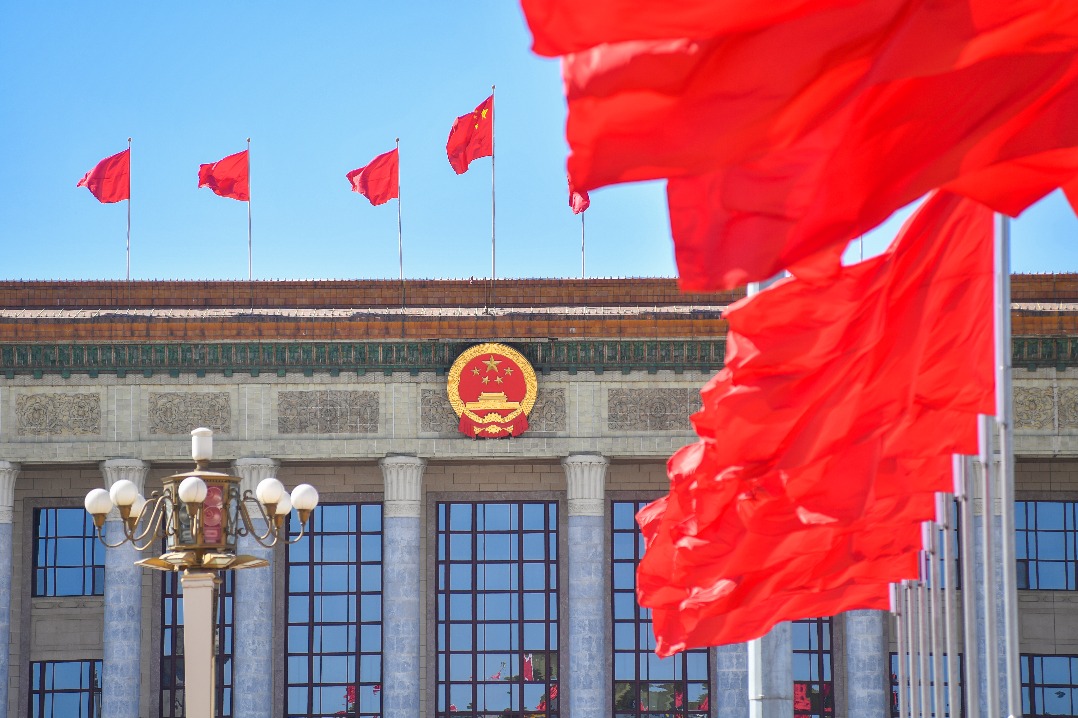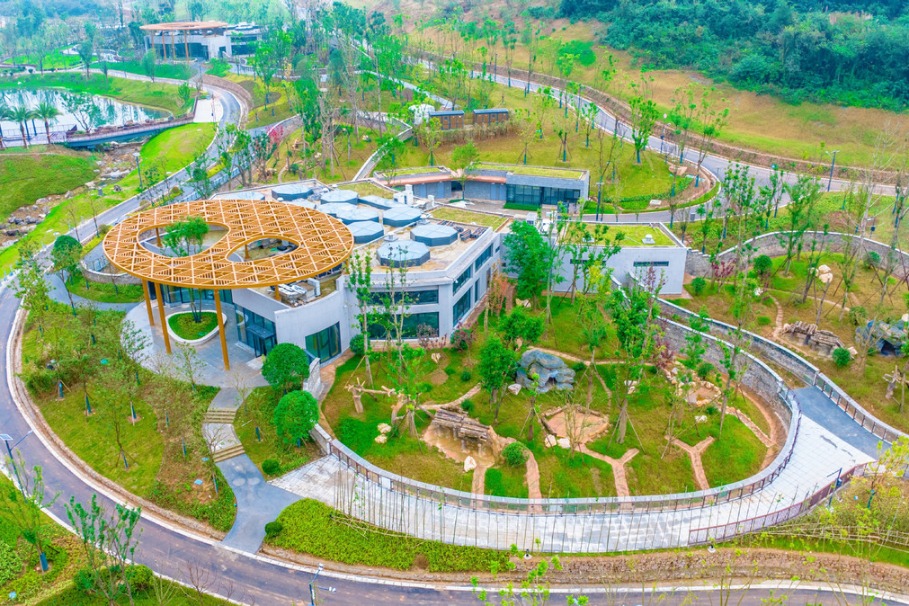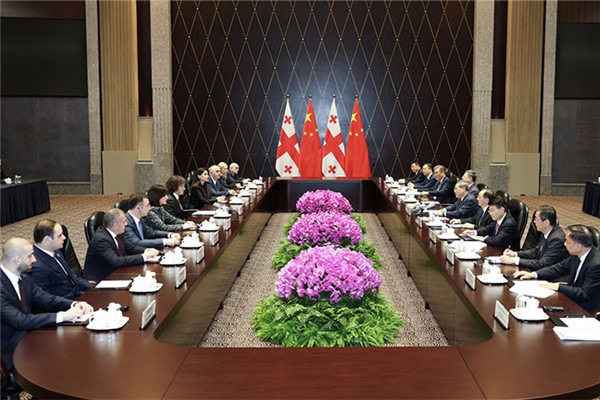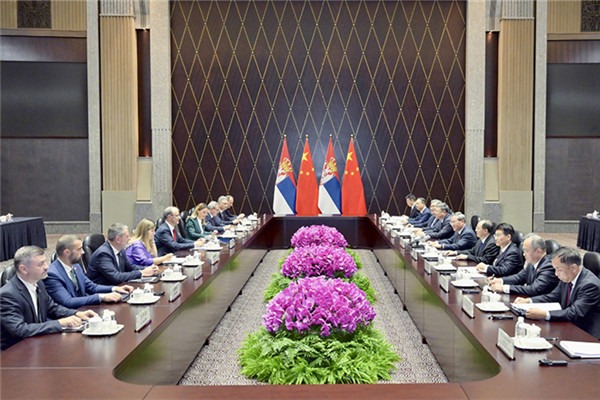Xi's vision for better global governance seeks to build a fairer world

BEIJING -- Earlier this month, Chinese President Xi Jinping proposed the Global Governance Initiative (GGI) at the "Shanghai Cooperation Organization (SCO) Plus" Meeting held in Tianjin, seeking to strengthen and improve global governance in this world awash with rapid changes and unprecedented challenges.
The initiative focuses on a central question of the times: what kind of global governance system should be built, and how it can be reformed and improved. Anchored in the purposes and principles of the UN Charter and guided by the vision of global governance featuring extensive consultation, joint contribution and shared benefits, it calls for building a more just and equitable global governance system and advancing toward a community with a shared future for humanity.
Eighty years ago, the founding of the United Nations opened a new chapter in global governance. Today, the world has entered a new period of turbulence and transformation, with global governance once again at a new crossroads. On the one hand, the historical trends of peace, development, cooperation and mutual benefit remain unchanged. On the other hand, the shadows of Cold War mentality, hegemonism and protectionism continue to haunt the world, while new threats and challenges keep stacking up.
The existing international institutions have shown three deficiencies: serious underrepresentation of the Global South, erosion of authoritativeness, and an urgent need for greater effectiveness. Against this backdrop, Xi's proposal of the GGI is both timely and crucial.
In his address at the SCO Tianjin summit, Xi outlined the core concepts of the initiative -- adhering to sovereign equality, abiding by the international rule of law, practicing multilateralism, advocating a people-centered approach, and focusing on taking real actions. These five concepts lay out the guiding principles, methods and pathways for reforming and improving global governance, providing a clear direction at this critical juncture.
These concepts stem from the purposes and principles of the UN Charter, and respond to the shared aspiration of most countries. The goal is to strengthen the capacity of the existing international system and international institutions to take action, work effectively, adapt to changes, respond promptly and effectively to various global challenges, and serve the interests of all countries, particularly developing ones.
Commenting on the GGI, Iranian President Masoud Pezeshkian said it is of great significance for promoting the development of the international order toward a fairer and more equitable direction.
The GGI is another major initiative proposed by Xi, following the Global Development Initiative, the Global Security Initiative and the Global Civilization Initiative. The four global initiatives have their respective priorities and can be pursued simultaneously. They inject stability and certainty into a turbulent world across the dimensions of development, security, civilization and governance, demonstrating China's responsibility and action in international affairs.
The more challenging the times, the more imperative it becomes to uphold the original aspiration of peaceful coexistence and strengthen the world's collective confidence in win-win cooperation. Facing a world marked by change and turmoil, China will continue to stand on the right side of history, on the side of human progress, and on the side of multilateralism.
Guided by the vision of global governance based on extensive consultation, joint contribution and shared benefits, China will join hands with all countries to explore ways to reform and improve global governance, working together to forge a bright future of peace, security, prosperity and progress.
- China, Serbia vow to deepen military ties
- China records 10-year low in first marriages
- Experts promote raising?awareness to boost HPV?vaccination
- Haikou intl airport launches new 24-hour direct transit policy
- China-Laos international passenger line launched
- Beijing receives climate award at COP30 Local Leaders Forum




































